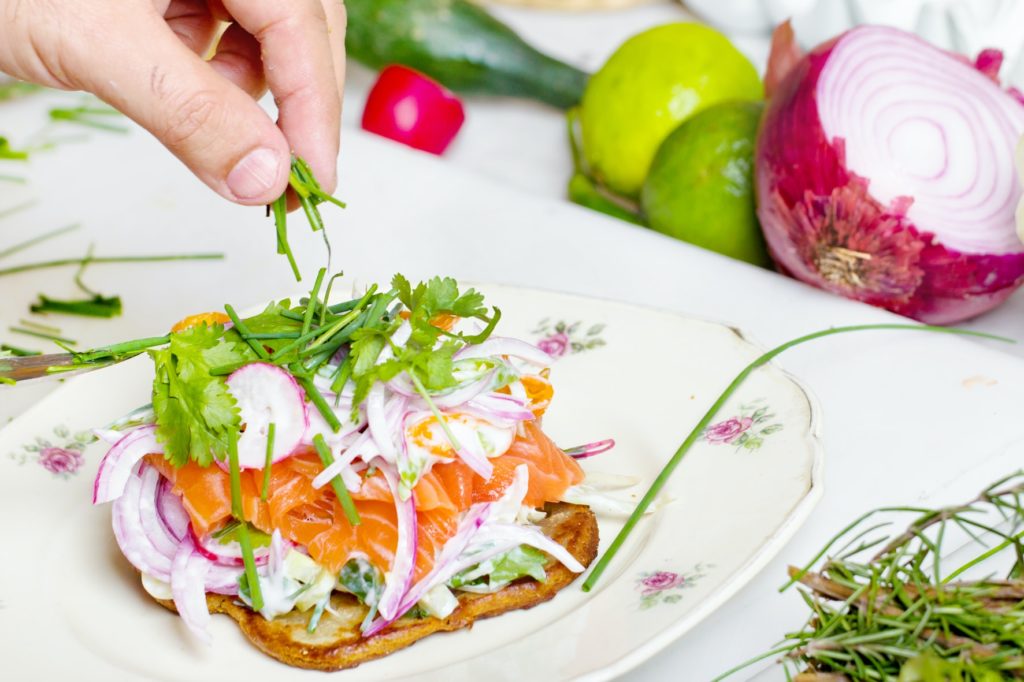A healthy diet is important for both your physical and your mental health. But, if you eat like the average person in the Netherlands, chances are that you aren’t getting enough important nutrients, or too many harmful nutrients. In this blog I will explain how you can take 4 steps to a healthy diet.
1. Avoid as much sugar as possible
Sugar is the biggest culprit for your body and is therefore the number one habit to adjust. Sugar causes huge highs and lows in your blood sugar. In the short term, eating sugar gives you a lot of energy. But, then you get a huge dip, which makes you crave for sugar again. You end up in a cycle of sugar cravings. In addition, sugar increases the risk of diabetes, it promotes inflammation and it causes cognitive functions to decline. This mainly concerns sugar in the most processed form, such as cake, candy, soft drinks, white bread, white pasta, etc. The average Dutch person consumes 110 grams of sugar per day; this is far too much! When you buy food, check the packaging for “hidden” sugars, such as dextrose, fructose, invert syrup, honey or maple syrup. Or use this list with hidden sugars. Try to avoid or reduce products containing these substances as much as possible.
2. Drink more water
Your body exists largely of water (55 percent). That is why it is very important to drink enough water; at least 1,5 – 2 liters a day. Not drinking enough water can cause all sorts of physical symptoms, such as a low attention span, poorer concentration and a worsened mood. You can find more information about this in the blog “The importance of drinking enough water”.
3. Eat more vegetables
Vegetables are packed with fibers, vitamins, minerals and antioxidants; they’re a true pleasure for your body and your brain. The “Eat well plate” advises to eat at least 250 grams of vegetables, but the average Dutch person only eats 131 grams of vegetables. That’s not a lot, right? Really try to eat 250 grams of vegetables every day! Are you already eating 250 grams? Challenge yourself to eat the double; 500 grams. Start with breakfast, for example with a vegetable smoothie (75 percent vegetables and 25 percent fruit) and have a big salad for lunch. Try to vary in types and colour vegetables, because each (colour) vegetable has its own healthy properties and take into account the season in which they’re available.
4. Eat more healthy fats
The intake of fats is very important. Healthy fats such as omega 3 are particularly good for your health. they lower the risk of cardiovascular disease, can lower blood pressure and cholesterol and contribute to brain development. Omega 3 is naturally present in a variety of foods, such as fatty wild fish, nuts, kernels, and unprocessed vegetable oil such as extra virgin olive oil or coconut oil.
Which of these four steps are you already taking and where can you improve? Take small steps towards sustainable change. Plan healthy eating moments in NiceDay and take better care of yourself.











